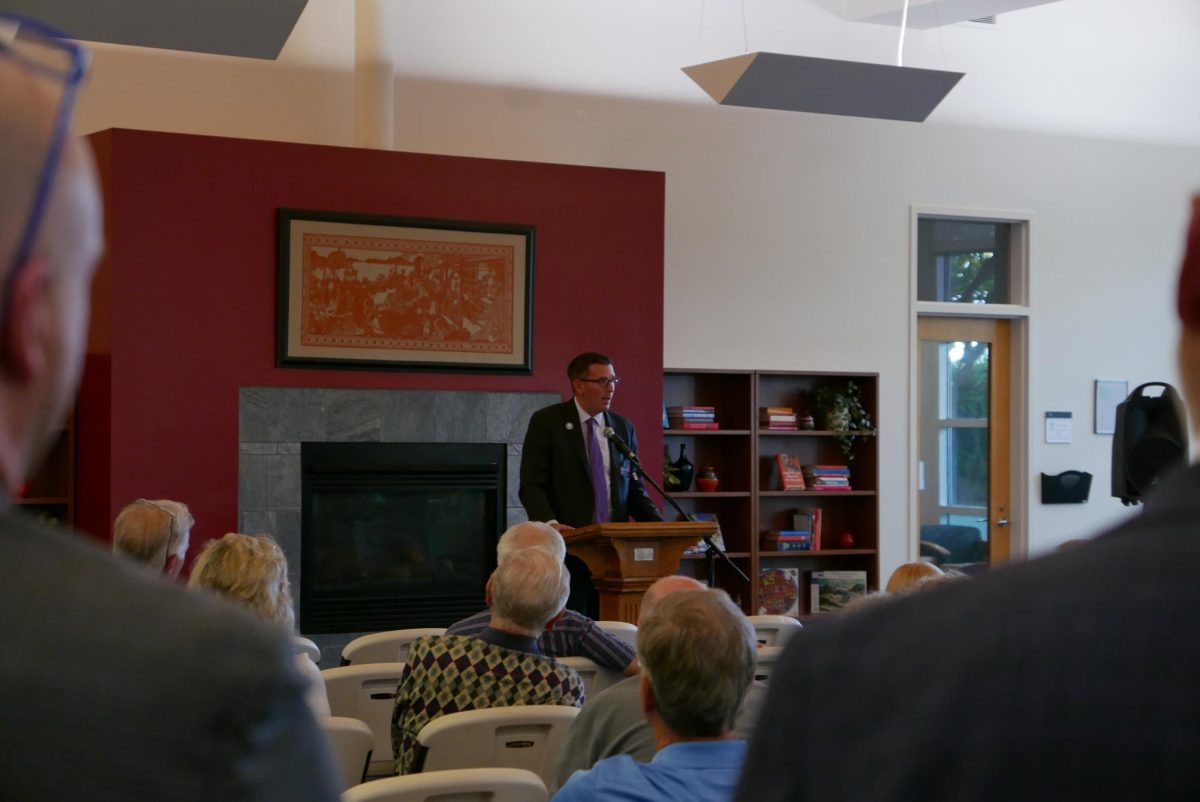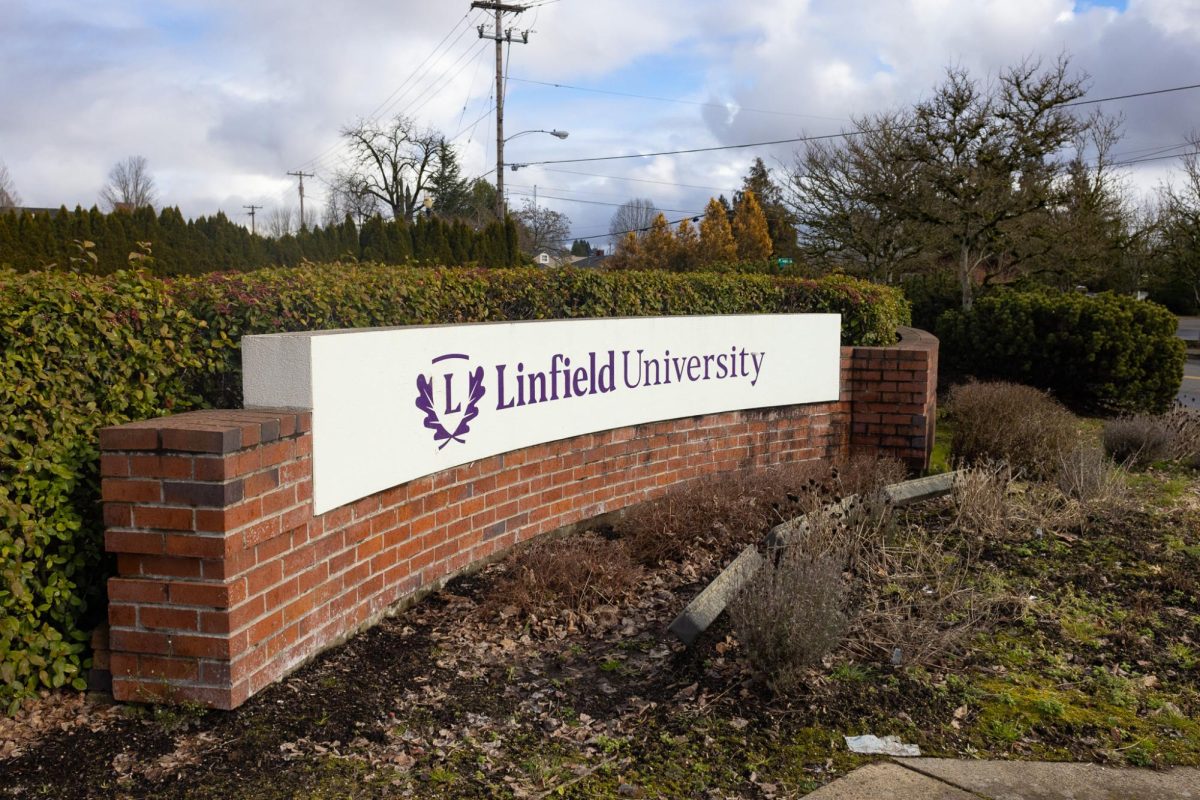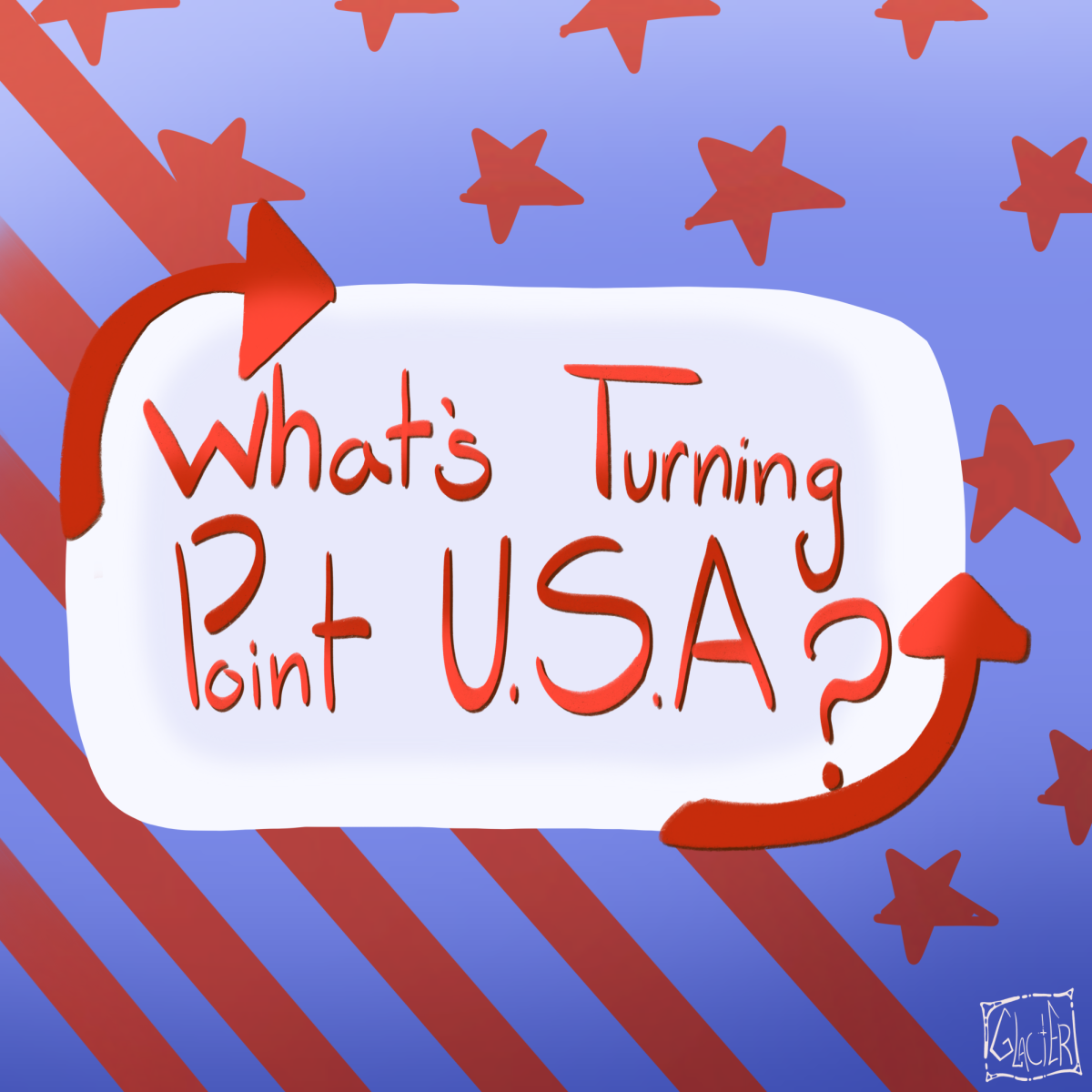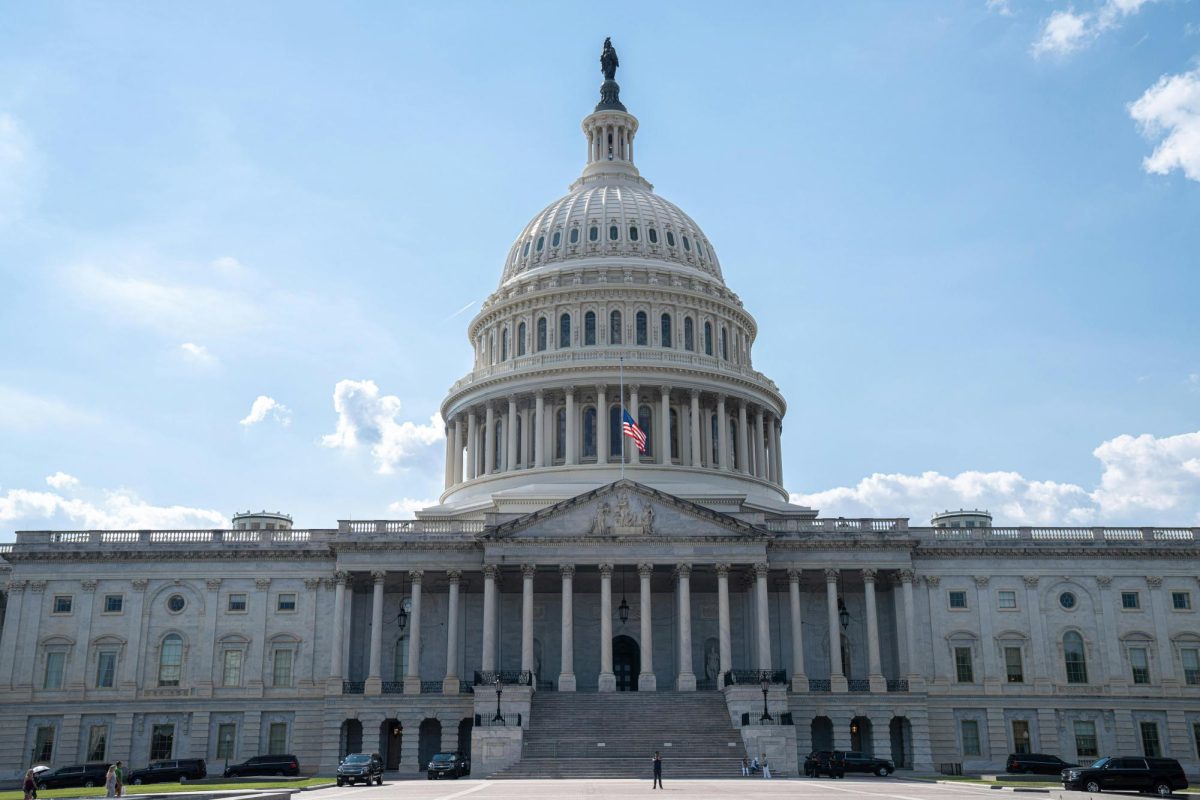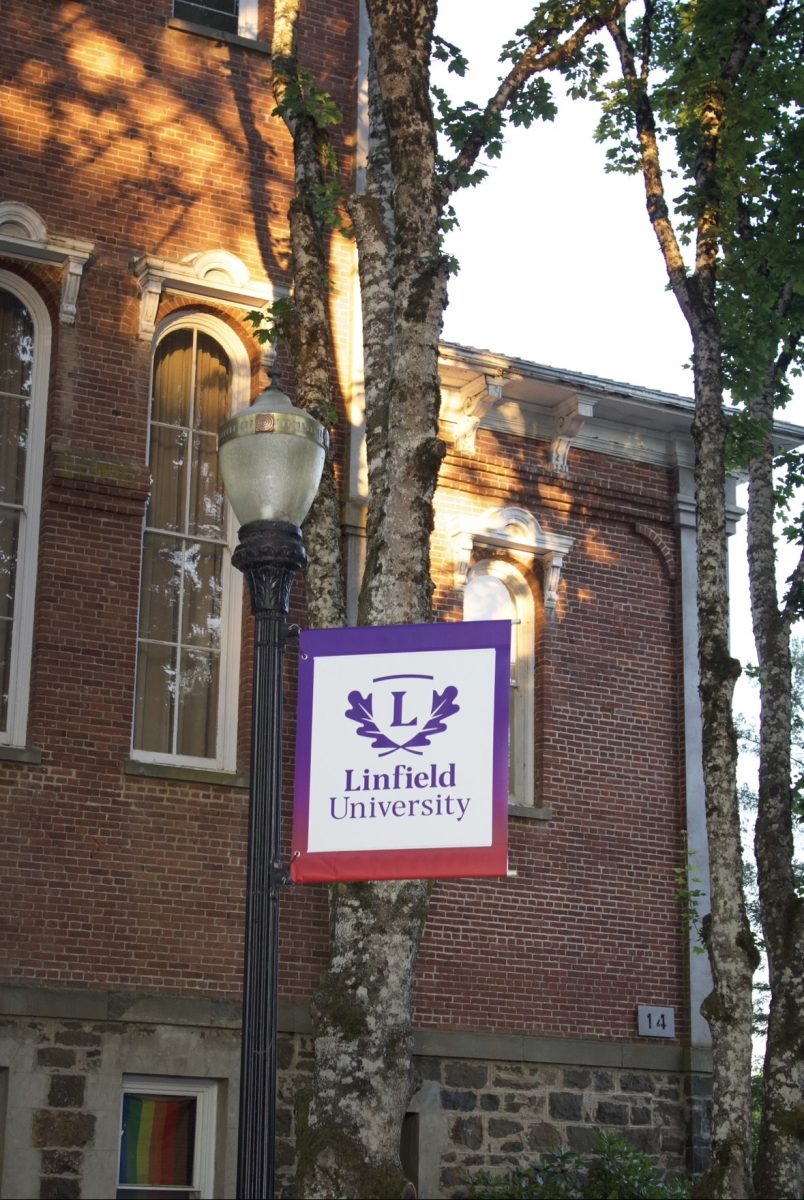A leading historical scholar opened his lecture by quoting Frederick Douglas who said, “Abraham Lincoln was not, in the fullest sense of the word, either our man or our model… he was a white man.”
The speaker continued later in the lecture to ask what good is freedom if you can’t do anything with it, in reference to African-Americans’ freed by the emancipation proclamation and the 13th amendment.
Pulitzer prize winner and professor emeritus from the University of California, Berkeley, Leon Litwack kicked off the opening ceremony of the traveling Lincoln exhibition, “Lincoln: The Constitution and the Civil War,” at 7:30 p.m. on April 3, in the Nicholson library.
Litwack captured the attention of the audience by speaking slow with much intonation put on ideas he felt passionately about.
Litwack discussed much of what he wrote about in his recent book, “How Free is Free?: The Long Death of Jim Crow,” that investigates race relations and the limitations African-Americans’ had when they were freed by the emancipation proclamation and the 13th Amendment.
“Slave owners pretty much controlled the national government” Litwack said. His key points were that Lincoln accepted white supremacy, but hated slavery.
In his first inaugural address in 1861 he state he was willing to preserve slavery if it would save the union.
He emphasized that school textbooks don’t tell the truth about the civil war, as the majority of his lecture focused on how the war was about abolishing slavery not succession or economics.
The American Library Association, Nicholson Library, and the department of history sponsored the event that is part of the Jonasson lecture series.
Library director and professor Susan Barnes White, and professor Peter Buckingham, history department chair, introduced Litwack to a packed audience at Nicholson Library.
Lincoln said if there weren’t a civil war there wouldn’t have been an emancipation proclamation, and predicted it would be another 100 years before the abolition of slavery.
Litwack mentioned that the most radical and revolutionary performances done by any United States president in American history are Lincoln’s emancipation proclamation and the 13th Amendment.
Though many people thought of Lincoln as a hero, Litwack said W.E.B. Dubois had wrote in “Crisis” magazine “Lincoln was a large jumble of contradictions.”
Audience members who stayed for the question and answer portion of the lecture learned that as an undergraduate at Berkley Litwack had met Dubois.
Those in attendance left with a great understanding of the American civil war and what Abraham Lincoln was about.
The next Lincoln event will be held at 7 p.m. on April 10 in the Nicholson Library. The event is set to feature a Lincoln impersonator.
Jonathan Williams
Opinion Editor
Jonathan Williams can be reached at
[email protected].

